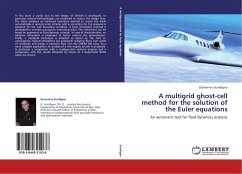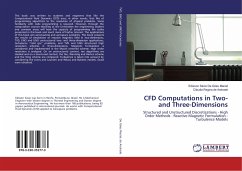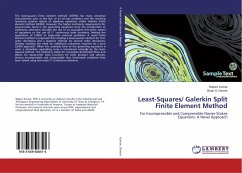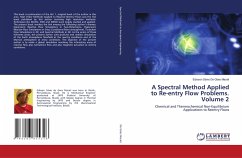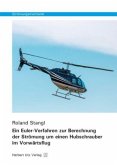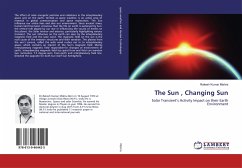In this work a useful tool to the design of vehicles is developed. In particular several methodologies are combined to reduce the design time. The solver employs an immersed boundary method to create the mesh automatically. A second order scheme with a correction for the pressure is adopted for the wall boundary condition. A local refinement method is developed to increase accuracy in interesting areas. The refinement can be based on geometric or fluid dynamic criterion. In case of discontinuities, an adaptive refinement is employed to better capture the phenomenon. Finally, a multigrid technique is adopted to speed up the time to convergence. Several simulations are proposed: subsonic flows over solids of revolution and wings, a transonic flow over the ONERA M6 wing. As a more complex application, an analysis of a rear engine aircraft is proposed. In particular a comparison with a configuration without engines and a comparison with the results obtained by means of a body-fitted RANS solver are shown.
Bitte wählen Sie Ihr Anliegen aus.
Rechnungen
Retourenschein anfordern
Bestellstatus
Storno

